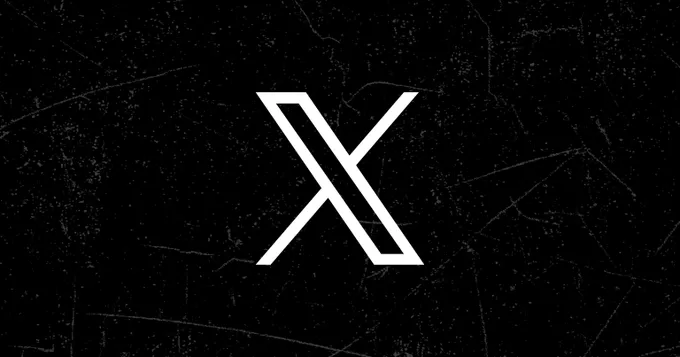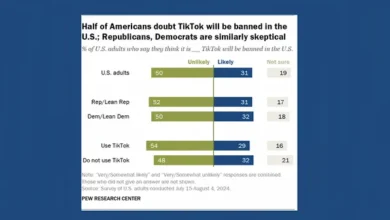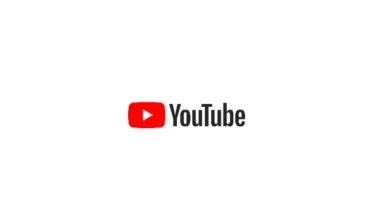
In what X is proclaiming as “an important moment for free speech”, Australia’s eSafety Commissioner has announced that she is abandoning a removal notice put to X regarding footage of a stabbing in a Sydney church.
Back in April, a Sydney church leader was stabbed in what authorities later deemed to be a terrorist act. As such, Australia’s eSafety Commissioner requested that X remove video footage of the incident, globally, due to concerns that it could spark further angst and unrest in the community.
But X refused, noting that while it would block the video for Australian users, the eSafety Commissioner had no right to demand global censorship of the clip. That lead to the Commission launching legal action against the Elon Musk-owned app, which it’s now canceling.
As per Australian eSafety Commissioner Julie Inman-Grant:
“Today I have decided to consolidate action concerning my Class 1 removal notice to X Corp in the Administrative Appeals Tribunal. After weighing multiple considerations, including litigation across multiple cases, I have considered this option likely to achieve the most positive outcome for the online safety of all Australians, especially children.”
So, to be clear, X challenged the eSafety Commissioner’s request in the Australian Administrative Appeals Tribunal, a case that the Commission is now defending against. Inman-Grant says that this case will now be consolidated into that hearing.
“We now welcome the opportunity for a thorough and independent merits review of my decision to issue a removal notice to X Corp by the Administrative Appeals Tribunal.”
So the eSafety Commission will now have its process assessed, which will provide more clarity on its capacity to submit such requests going forward.
And as noted, X CEO Linda Yaccarino has declared Inman-Grant’s decision as “an important moment for freedom of speech in Australia and globally”.
But it’s not. I mean, X had already blocked the video in Australia, so it’s definitely not an important moment for freedom of speech in Australia by any stretch. And globally, it’s more of an odd statement piece, driven by Elon’s personal grievances and whims than anything else.
The core question here is whether representatives from any individual nation should have the right to demand censorship of content for not just their own citizens, but for all people around the world. That’s the principle that Musk is standing on in this case, though X actually does remove content on a global scale pretty regularly.
For example, as noted by Inman-Grant, X recently reported that it had “globally deleted 40,331 items of content” between October 2023 and March 2024, in compliance with the E.U. Digital Services Act.

Inman-Grant also noted that X has also complied with other requests from her office to globally remove illegal video clips.
So that being the case, why did X decide to take a stand this time around?
Part of the reason seems to be Elon’s personal concerns about the impacts of migration, and related challenges with social assimilation that have, at times, led to violence. The stabbing in Sydney is the type of incident that Elon regularly highlights in his posts, along with a single “!”, which then amplifies such to his more than 200 million followers in the app.
That sparks more concern, and more debate about the benefits of migration, and it seems that Elon took exception in this case because it aligns with his own agenda on this front.
That’s also underlined when you consider that every other platform removed the video as requested. Because really, there’s no need to leave footage of a violent stabbing active, unless you have a case to make for its inclusion.
So, in the end, it seems less about “free speech”, and more about grievance-based management. Which looks to be Musk’s true forte, and it’ll be interesting to hear what the Administrative Appeals Tribunal finds in this case.
But in the end, Elon’s supporters are applauding the fact that they’re allowed to share footage of a priest being stabbed. Because they want to see it? Because it fits a certain narrative? Because they just hate censorship?
Either way, it seems like a somewhat hollow win to hold onto.




